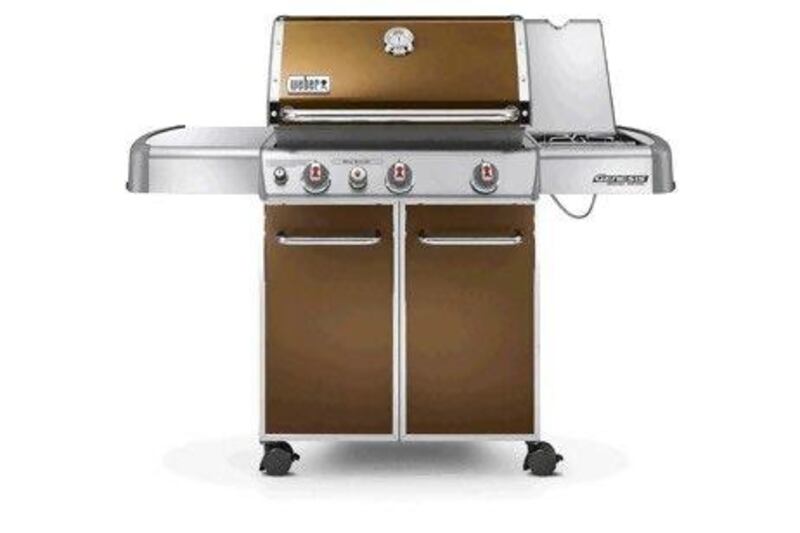The pause button has been pressed on another season of professional sport in America, which begs this twist on an old question: if ice falls off a tree in the forest and nobody hears it hit the ground, does it make a sound?
Hockey is locked out, its management pursuing cost control as if it were a puck skimming down the surface.
The rinks are unfrozen, Zambonis parked and the dentists who repair players' broken teeth are idle.
But there is no gnashing of incisors over its absence.
The US sports calendar is busy with football and basketball, enabling even those among us who embrace the sport of pucks to cope without the least meaningful regular season of any.
Oh, the outdoors spectacle known as the Winter Classic, well-situated on New Year's Day in the middle of the six-month slog to the play-offs, will be missed.
The other 326 games lost so far, not so much. In essence, all they and the rest of the National Hockey League schedule would determine is seeding, one through eight in each conference - which often winds up mattering little anyway.
Since the previous lockout, which vaporised the whole of the 2004/05 season, lower seeds have claimed 40 per cent of the first-round series, almost double the NBA's upset rate.
When the No 6 New Jersey Devils and the No 8 Los Angeles Kings were left standing for the Stanley Cup earlier this year it was surprising but hardly shocking. Settle this impasse by Valentine's Day, two months before the post-season, and almost all is well.
It bears repeating that an entire NHL season was sacrificed a mere eight years ago.
This repeat became almost inevitable when the players' association strong-armed an unsustainable 57 per cent of revenues then for its members.
To label hockey a niche sport is hyperbole, but these are far from boom times. Television exposure for the NHL is limited and the latest cup finals drew the puniest ratings since 2007.
A spirit of compromise would seem advisable. Alas, a solution is more complicated than carving up revenues.
Many franchises are underwater, financially, and the NHL favours offering them relief by lowering the minimum amount which teams must devote to player salaries. Doing so might create a competitive imbalance, but it would toss a lifeline to the needy.
Weeding out the weak franchises and allowing them to die might enhance the league's long-term health.
Expansion to 30 to test new markets was well intended, but some - especially those in warmer climes where ice is found only in a drinking glass - could use a telethon. And what is the deal with three clubs in greater New York?
Of course, the players' union would fight against contraction like a goon sent on the ice to bust up the opponent's star. Fewer teams equals fewer jobs equals an angry association, that, by the way, is directed by Donald Fehr, whose CV while presiding over the baseball union includes two players strikes and one lockout.
A truce in the recent NFL standoff was a near certainty.
The monetary stakes were vastly higher. The stadiums could not book alternate events, as hockey arenas can. The players had no alternatives, as the pucksters do with European leagues.
Plus, unlike football, the public would not view a one-season sabbatical as a sign of the impending apocalypse. At least not outside Montreal and Toronto, the continent's hockey hotbeds.
Throwing crumbs to the starving locals, the main newspaper in Montreal is simulating the Canadians' schedule on a popular video game, then printing news reports as if the fake competitions were real. Hey, there is a money-saving concept for NHL bosses, which, along with its players, cannot see the forest for the trees.
Follow us
[ @SprtNationalUAE ]





